What is Supplemental Dental Insurance?
Supplemental dental insurance is a specialized form of coverage that fills in the gaps left by standard dental insurance plans. These plans provide additional benefits not covered under typical dental insurance policies, particularly for primary services like crowns, implants, and orthodontics. Understanding what supplemental dental insurance is, how it works, and who it benefits can help you make more informed decisions about your dental care needs.
The Basics of Supplemental Dental Insurance
Supplemental dental insurance is a type of coverage that goes beyond basic dental primary care. While regular dental insurance typically covers preventive services like cleanings and fillings, supplemental plans focus on more extensive treatments. For example, the Supplemental Dental Plans offered by Delta Dental cover primary services such as:
- Crowns
- Bridges
- Dentures
- Implants
However, it’s important to note that these plans do not cover routine services like cleanings or fillings. It makes them ideal for individuals with basic dental insurance but who need additional coverage for more expensive procedures (University of Wisconsin System).
Why Consider Supplemental Dental Insurance?
One of the primary reasons to consider supplemental dental insurance is the financial protection it offers. Major dental procedures can be costly, and these expenses can quickly add up without proper coverage. Supplemental plans help cover out-of-pocket costs that your regular dental insurance might not include. Here are a few reasons why these plans may be an intelligent decision (UnitedHealthcare):
- Get Complete Coverage: Supplemental plans fill in the gaps, helping you pay for costs not covered by your regular dental plan.
- Protect Your Finances: Choosing plans that offer cash benefits, such as a lump sum for a critical illness or accident, can provide peace of mind.
- Customize for Your Needs: Various plans are available, so you can select coverage that matches your specific age, family situation, and dental needs.
Understanding the Options and Eligibility
When choosing a supplemental dental insurance plan, it’s essential to understand the options available. Delta Dental offers two primary supplemental plans (University of Wisconsin System):
- PPO Select Plan:
- Provider Network: Delta Dental PPO
- Deductible: $100 per person
- Annual Benefit Maximum: $1,000 per person
- Coverage for Major Services: 50%
- Orthodontics: No coverage
- PPO Plus Premier Select Plus Plan:
- Provider Network: Delta Dental PPO and Delta Dental Premier
- Deductible: $25 per person
- Annual Benefit Maximum: $2,500 per person
- Coverage for Major Services: 60% for vital services, 80% for surgical procedures
- Orthodontics: 50% coverage with a $1,500 lifetime maximum
Eligibility for these plans typically depends on your current health insurance status and whether you are receiving any retirement benefits. For those eligible, enrolling in a supplemental dental plan can be done within 30 days of employment or during an annual enrollment period (University of Wisconsin System).
Evaluating Your Need for Supplemental Coverage
Deciding whether to invest in supplemental dental insurance requires evaluating your current dental health and future needs. Supplemental insurance can provide significant savings if you anticipate needing major dental work. For example, a supplemental plan could be a wise investment if your existing dental plan has a low annual maximum or doesn’t cover specific procedures. Here’s a breakdown of how supplemental dental insurance can benefit you:
- Higher Annual Benefit Maximums: If your current plan has a low annual maximum of $1,000, upgrading to a supplemental plan like Delta Dental’s Select Plus Plan, which has a $2,500 yearly maximum, can provide more coverage for costly procedures.
- Lower Deductibles: The Select Plus Plan offers a lower deductible ($25 per person) than the Select Plan ($100 per person), making managing out-of-pocket costs easier before insurance kicks in.
- Expanded Coverage for Major Services: With the Select Plus Plan, you get 60% coverage for primary restorative services and 80% for surgical procedures, compared to 50% coverage in the Select Plan. It can result in substantial savings if you need extensive dental work.
- Orthodontic Coverage: Unlike the Select Plan, the Select Plus Plan offers 50% coverage for orthodontics with a $1,500 lifetime maximum. It is especially beneficial if you or your dependents require braces or other orthodontic treatments (University of Wisconsin System).
Customizing Your Coverage
Supplemental dental insurance offers the flexibility to choose plans that best meet your needs. Whether you require comprehensive coverage for major dental procedures or you’re looking for a plan that includes orthodontic treatment, options are available to suit different needs and budgets. Customizing your coverage protects against unexpected dental costs without overlapping with your existing dental insurance (UnitedHealthcare).
For instance, the Select Plus Plan from Delta Dental might be ideal if you primarily need coverage for significant dental work but not routine cleanings. However, you need a plan covering basic and primary services. In that case, consider combining a basic dental plan with a supplemental one to ensure complete coverage.
Conclusion
Supplemental dental insurance is essential for those looking to protect themselves from high out-of-pocket dental costs. Supplemental insurance can ensure that your dental care needs are fully met by providing additional coverage for significant services and offering flexible plan options. Whether you’re looking to safeguard your finances, obtain coverage for orthodontics, or customize your dental plan, understanding the benefits and options of supplemental dental insurance can help you make the best decision for your oral health (University of Wisconsin System, UnitedHealthcare, Forbes Advisor).
Investing in a supplemental dental insurance plan could be the key to accessing more comprehensive dental care and financial security. Be sure to evaluate your current dental insurance, anticipated dental needs, and the supplemental options available to make an informed choice.
Sources:
https://www.wisconsin.edu/ohrwd/benefits/dental-vision/suppdental/
https://www.uhc.com/dental-vision-supplemental-plans
https://www.forbes.com/advisor/health-insurance/dental-insurance/best-dental-insurance-companies/

